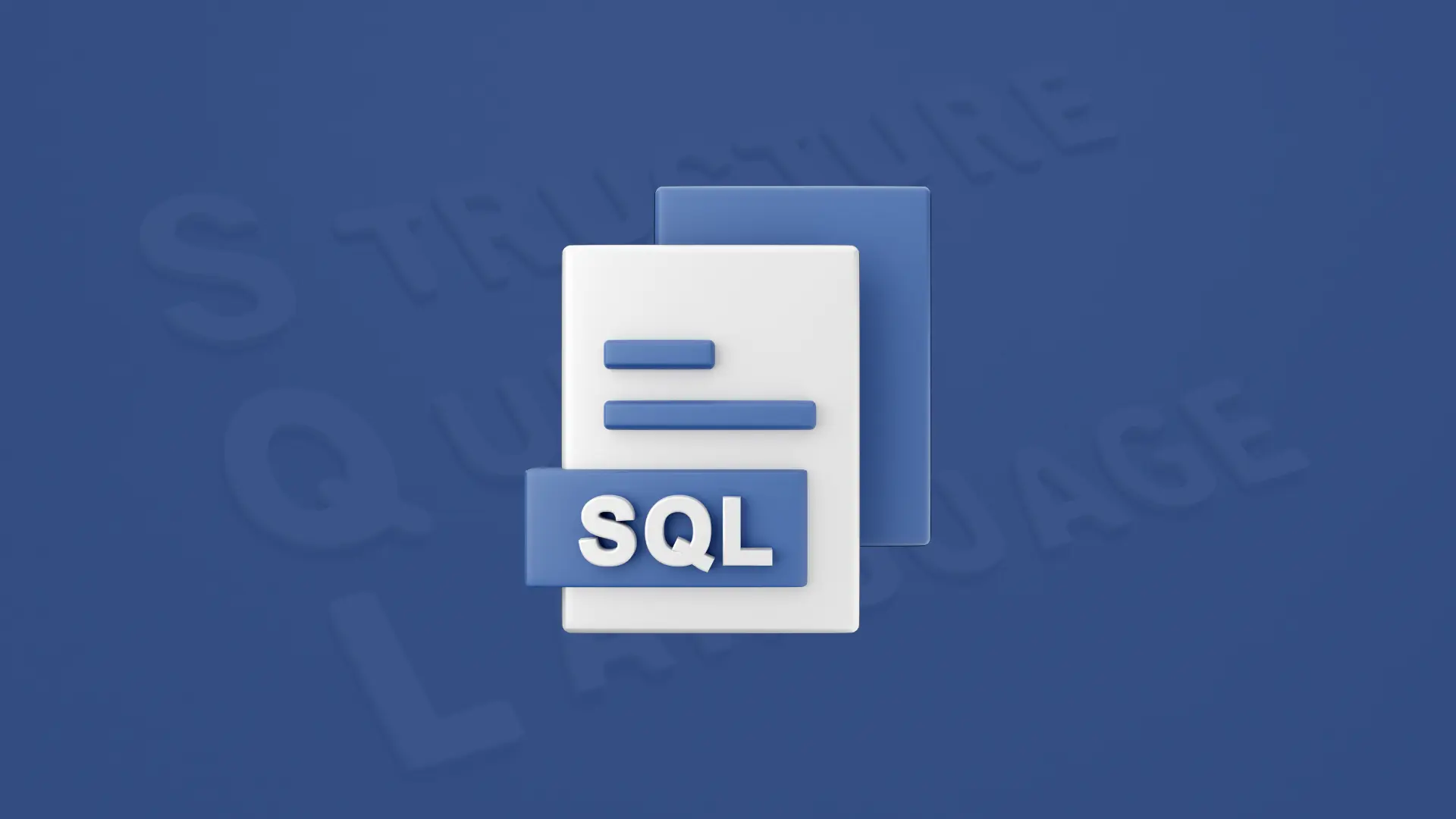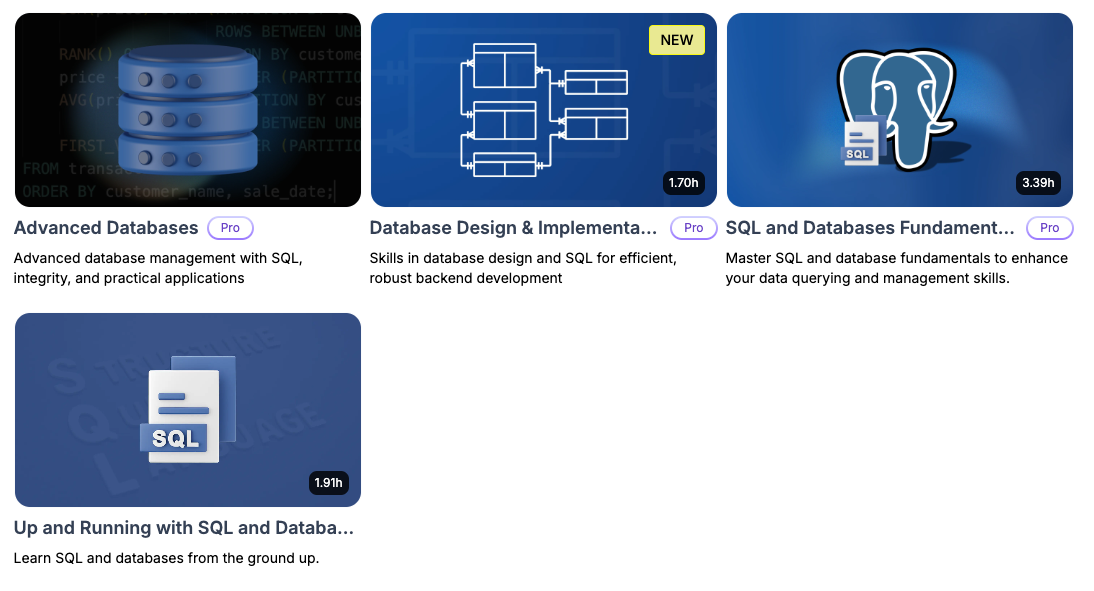9 Books Every Software Engineer Should Read (Seriously)
backend
6 min read
9 Books Every Software Engineer Should Read (Seriously)
Curated List of the Best Programming Books to Elevate Your Career in Software Development
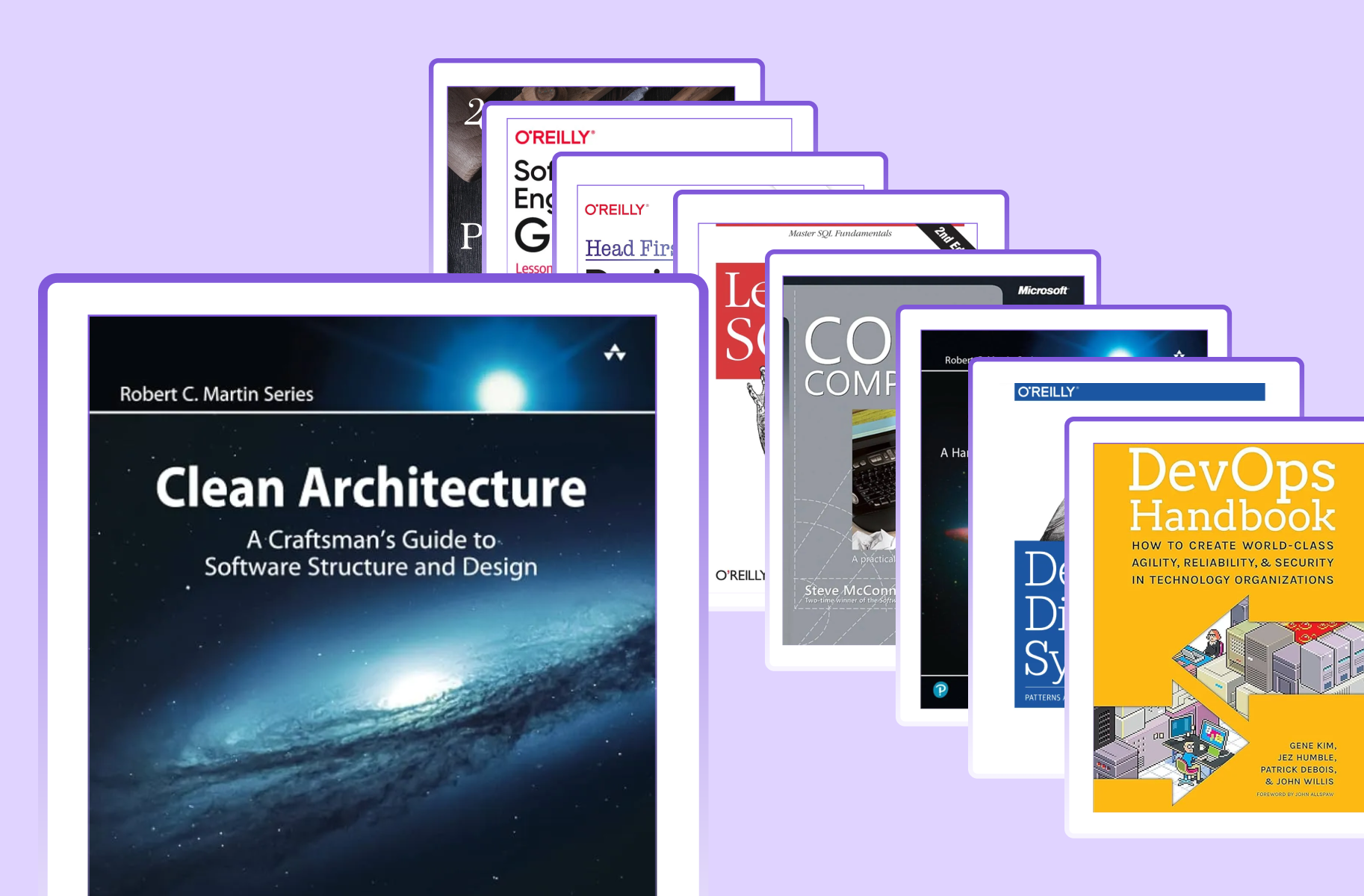
Published By: Nelson Djalo | Date: April 1, 2025
So, you're a software engineer. Maybe you're still figuring things out. Maybe you're ten years deep and wondering why your codebase screams every time you open it. Either way, here's something I've learned: the right book at the right time can change everything.
This list isn't just a pile of tech books—it's a curated bookshelf of hard-won lessons, lightbulb moments, and the kind of advice you'd get from that one developer who's been around the block (but still loves the game). Let's dig in.
Table of Contents
- 1. Clean Code by Robert C. Martin
- 2. The Pragmatic Programmer by David Thomas & Andrew Hunt
- 3. Software Engineering at Google
- 4. Head First Design Patterns
- 5. Learning SQL by Alan Beaulieu
- 6. Clean Architecture by Robert C. Martin
- 7. Designing Distributed Systems by Brendan Burns
- 8. DevOps Handbook
- 9. Code Complete by Steve McConnell
- FAQs
- Final Thoughts
1. Clean Code by Robert C. Martin
Ah yes, Clean Code—the developer's rite of passage. It's like going to coding therapy. You'll discover just how messy your habits are, and that's a good thing. Uncle Bob doesn't hold back.
Why read it?
Because messy code is expensive. And you're probably writing more of it than you realize.
Heads-up:
It leans on Java examples, but the lessons? Totally universal. Just try not to cry when you realize how bad your old code was.
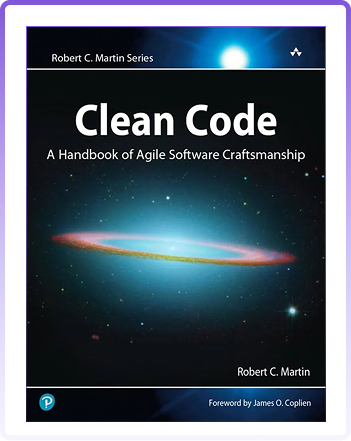
2. The Pragmatic Programmer by David Thomas & Andrew Hunt
This one is like that wise mentor who doesn't tell you what to do—but instead hands you a flashlight and says, “Here, find your own way. But watch out for that pothole.”
Why it works:
It doesn't just talk about code. It talks about being a better thinker, communicator, and problem-solver. Think of it as a career companion.
Warning:
It's more of a conversation than a tutorial. Don't expect code samples on every page.
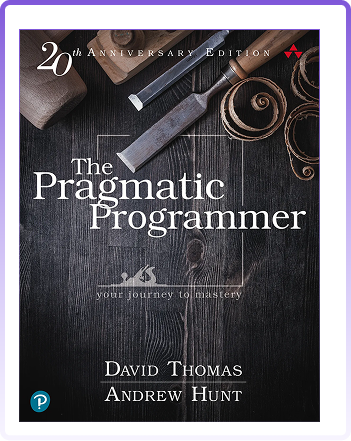
3. Software Engineering at Google
Want to know how the big dogs manage thousands of engineers working on the same codebase without setting everything on fire? This is it.
Expect insights like:
- How to scale code and humans
- Why readability beats cleverness
- How Google makes tech decisions that last years, not months
Real talk:
This isn't a beginner's book. It's more like a masterclass in keeping large systems sane.
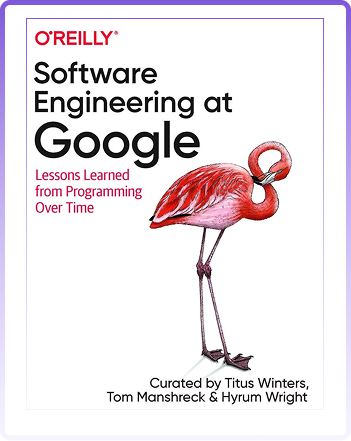
4. Head First Design Patterns
Design patterns can be… dry. This book isn't. It's weird, funny, visual, and actually helps the concepts stick. It's like Schoolhouse Rock for developers.
What makes it stand out:
- Simple language
- Real-world examples
- Cartoons that somehow make sense
But fair warning:
If you hate playful writing, this may not be your thing. It's quirky, not corporate.
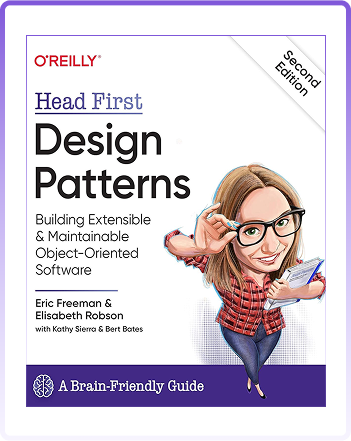
5. Learning SQL by Alan Beaulieu
SQL is one of those things you think you know—until you actually need it. This book takes you from SELECT to Jedi.
Why it's worth your time:
It breaks down SQL in plain English, which is exactly what most tutorials forget to do. You'll walk away knowing not just how to write queries, but why they work.
Caveat:
It sticks to relational databases, so if you're deep into NoSQL land, it might not hit all the notes you want.
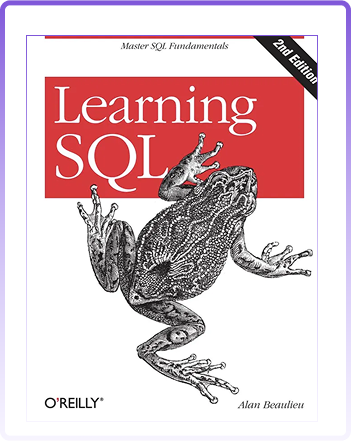
Free SQL Course
Database Roadmap
6. Clean Architecture by Robert C. Martin
Yes, another Uncle Bob book. But hear me out: Clean Code is about writing good lines. Clean Architecture is about building good systems. And those are two different skills.
The value:
You'll understand why decoupling matters, what “separation of concerns” actually means in practice, and how to structure projects that don't melt down six months in.
One thing to note:
It's abstract at times. Not a tutorial—more like a blueprint.
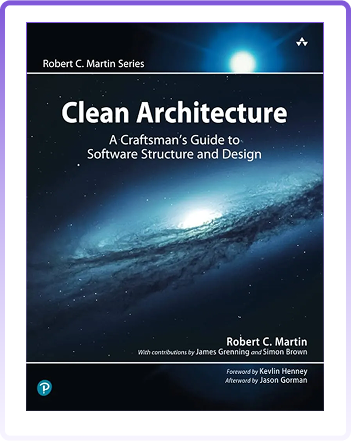
7. Designing Distributed Systems by Brendan Burns
Microservices. Kubernetes. Containers. Buzzwords, right? But this book makes them real, with patterns that actually make sense.
If you're building for scale:
This is your quick-start guide. It's short, direct, and written by someone who helped build Kubernetes.
Just know:
It's not super deep. Think “starter pack” more than PhD thesis.
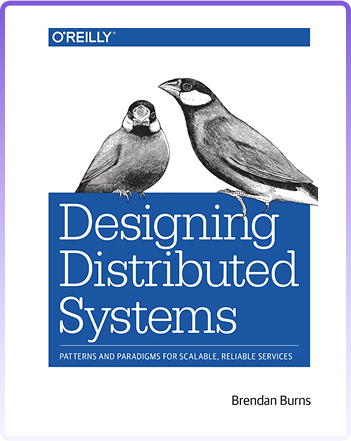
8. DevOps Handbook
You can't ship fast if your pipeline is broken. This book explains why DevOps isn't just tools and YAML—it's about culture, collaboration, and continuous improvement.
Why I recommend it:
It's packed with real case studies and gives you a clear roadmap for building better workflows, not just better code.
Heads-up:
Some sections are dense. Definitely a book you'll read with a highlighter in hand.
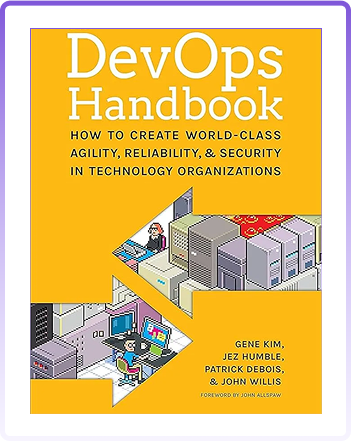
9. Code Complete by Steve McConnell
This is the encyclopedia of software construction. If Clean Code is the starter kit, Code Complete is the full toolkit.
You'll learn about:
- Naming things (yes, again)
- Code organization
- Defensive programming
- The craft of building code that just works
It's huge.
Seriously, this book is thick. But it's worth every page.
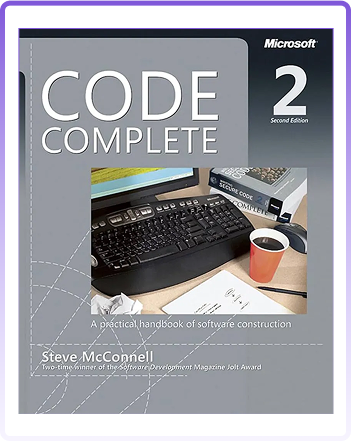
FAQs
Which one should I read first?
If you're just starting out, go with Clean Code or Head First Design Patterns. Want a broader perspective? The Pragmatic Programmer has your back.
I already write code at work—do I still need these?
Yes. Writing code and writing good code are not the same thing. These books fill in the gaps that most jobs don't teach.
Are these books still relevant in 2025?
More than ever. The tools might change, but the principles? Timeless.
Final Thoughts
Let's be honest—no book is going to make you a great developer overnight. But the right one, read at the right time, can spark something big. It might help you debug not just your code, but how you think about solving problems.
So pick one. Read slowly. Take notes. Let it mess with your brain a little.
And when it does? You'll know you're onto something good.
There are more books to read which I will share with you in the future.
Want more book recs, tech deep dives, or career tips? Head over to blogs—I write for people just like you.
Explore our courses to learn more about software development.
